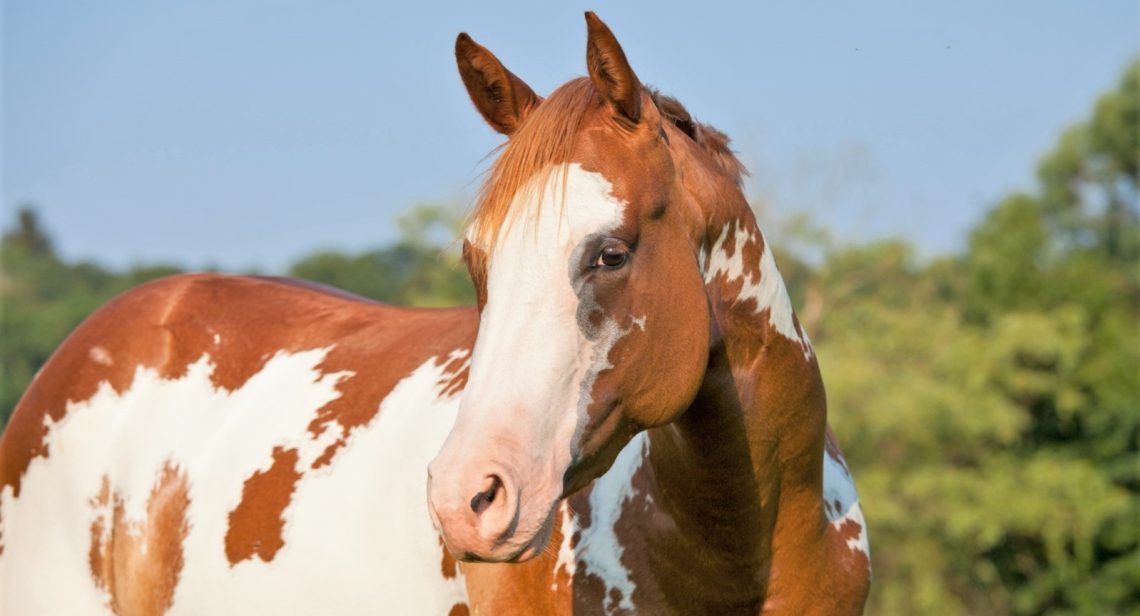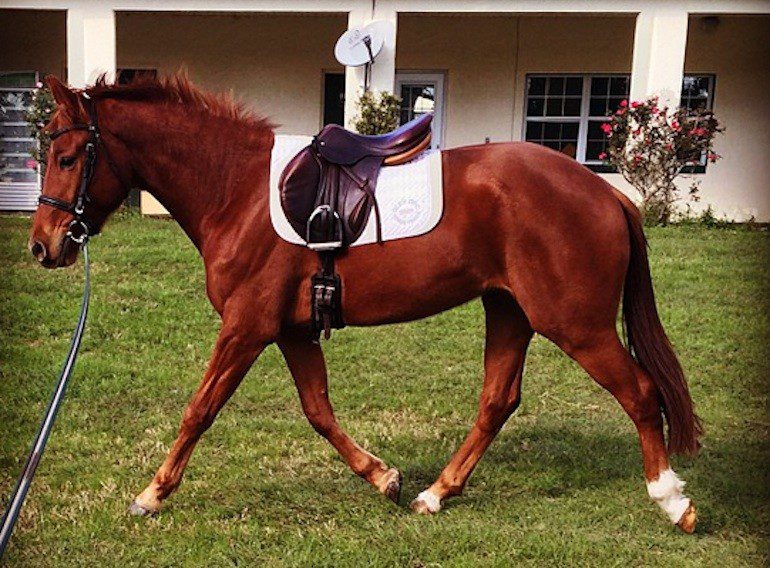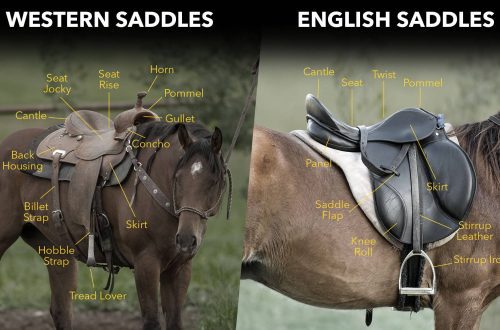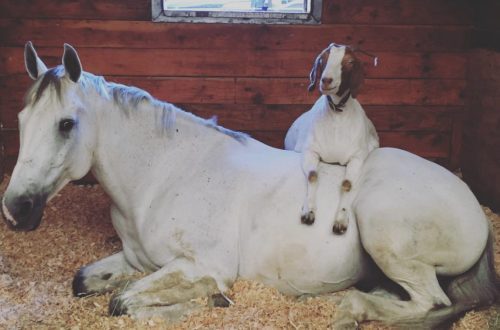
Eight Things to Understand Before Buying a Young Horse

Photo: from the page https://eventingconnect.today
Source: Eventingconnect.today
Eight Things to Understand Before Buying a Young HorseTraining young horses can be a rewarding experience. You don’t have to be the most experienced rider in the world to train young horses, but buying a young horse for a beginner rider is not the best idea. “Learn and grow together” does not work when the rider is still unsteady in the saddle. But if you are experienced and confident in your abilities, then there is no reason why you should not consider acquiring a young horse. Not everyone has an understanding of how training should take place, and there is nothing wrong with that. The main thing is to treat this with understanding and dedication. Here are a few points to consider:
1) It happens that the horse moves on good movements, but often pinches when he is nervous or afraid. Never give up hope that the horse will outgrow it. Over time, you will notice how, from proper training, the horse acquires muscles and begins to keep balance, how its movements improve. 2) When buying, pay attention to the walk and canter, worry less about the trot. The trot can be greatly improved by proper work, but the walk and canter must be naturally good.
3) Do not drive yourself into a time frame. With young horses, it is quite difficult to predict how long a particular stage of training will take. You need to understand that haste will not lead to anything good. Learn to enjoy the process itself and try to notice even the smallest progress. 4) Praise more often and punish less. Reward is the key to learning any animal. You should praise your horse often and immediately after he has correctly done what you asked him to do so that he will establish a connection: correctly executed the command – received a reward. 5) Remember that horses do not understand human language. If you get stuck in learning to perform an element, don’t blame the horse. Try to look at yourself from the outside – how exactly do you explain the horse, do you help him understand what is required of him? Horses do not deliberately do something to us to harm; if something does not work out, your task is not to intimidate, but to help figure it out. 6) Be prepared for long walks. The fact that a horse is young does not mean that it should be confined to the arena. Walking is a great way to broaden a horse’s horizons. During walks, you can also practice various elements, such as bending. 7) Don’t let your ego get in the way of you seeking help. No matter how much experience you have in riding and/or working with horses, sometimes everyone needs help. Even the best can run into problems. You shouldn’t be ashamed of it. Nowhere is it said that a good rider should do everything himself. 8) Treat everything with a bit of humor. Instead of getting annoyed, whenever your horse jumps up and off into the distance, as soon as you pin down, smile and try to use your leg a little differently. There is no better reward than watching a horse go from zero to your first races together. Believe me, there is nothing impossible in this.
Author: Sable Giesler





